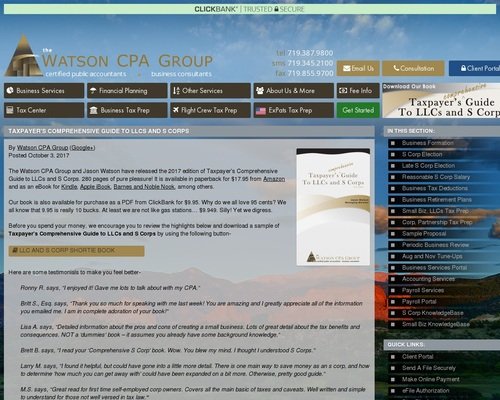Personalized Investment Management & Portfolio Solutions


< img src="https://www.privatebank.bankofamerica.com/content/dam/ust/solutions/tileimages/im-solutions-tile-834x510.jpg"> 1 Bank of America, N.A. and U.S. Trust Company of Delaware (collectively the “Bank”) do not serve in a fiduciary capability with regard to all services or products. Fiduciary requirements or fiduciary tasks do not use, for instance, when the Bank is using or providing credit solutions, banking, custody or brokerage products/services or referrals to other affiliates of the Bank.
The Chief Investment Office (CIO) offers believed leadership on wealth management, investment technique and international markets; portfolio management services; due diligence; and services oversight and data analytics. CIO perspectives are established for Bank of America Private Bank, a department of Bank of America, N.A., (“Bank of America”) and Merrill Lynch, Pierce, Fenner & Smith Incorporated (“MLPF&S” or “Merrill”), a signed up broker-dealer, signed up investment adviser and a completely owned subsidiary of Bank of America Corporation (“BofA Corp.”).
Threat management and due diligence procedures seek to alleviate, however can not get rid of danger, nor do they suggest low danger.
Possession allowance, diversity and rebalancing do not guarantee a profit or secure against loss in declining markets.
Investments have differing degrees of risk. Some of the dangers involved with equity securities include the possibility that the worth of the stocks might vary in reaction to events particular to the companies or markets, along with economic, political or social events in the U.S. or abroad. Investing in fixed-income securities might include particular threats, including the credit quality of specific providers, possible prepayments, market or financial developments and yields and share rate variations due to changes in rate of interest. When interest rates increase, bond prices normally drop, and vice versa.
Sustainable and Effect Investing and/or Environmental, Social and Governance (ESG) managers may think about elements beyond conventional financial information to choose securities, which could lead to relative financial investment performance deviating from other methods or broad market benchmarks, depending on whether such sectors or financial investments are in or out of favor in the market. Further, ESG methods might count on particular values based criteria to get rid of exposures found in similar techniques or broad market standards, which could also result in relative financial investment efficiency deviating.
Alternative investments are speculative and include a high degree of threat.
Alternative financial investments are planned for competent financiers just. Alternative Investments such as derivatives, hedge funds, private equity funds, and funds of funds can lead to higher return potential however likewise higher loss potential. Modifications in financial conditions or other circumstances might negatively affect your financial investments. Before you purchase alternative financial investments, you must consider your overall financial scenario, how much cash you have to invest, your requirement for liquidity, and your tolerance for threat.
Nonfinancial possessions, such as closely-held businesses, property, fine art, oil, gas and mineral residential or commercial properties, and lumber, farm and cattle ranch land, are intricate in nature and include dangers consisting of total loss of value. Unique danger factors to consider consist of natural events (for instance, earthquakes or fires), complicated tax considerations, and lack of liquidity. Nonfinancial possessions are not in the best interest of all financiers. Always talk to your independent attorney, tax consultant, investment supervisor, and insurance agent for final recommendations and before altering or carrying out any financial, tax, or estate preparation method.



